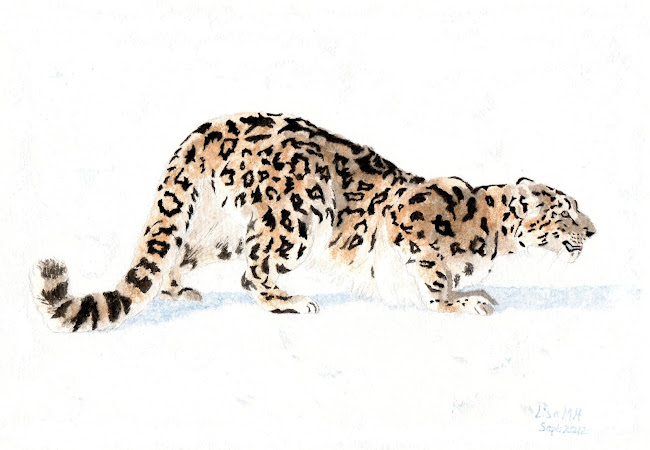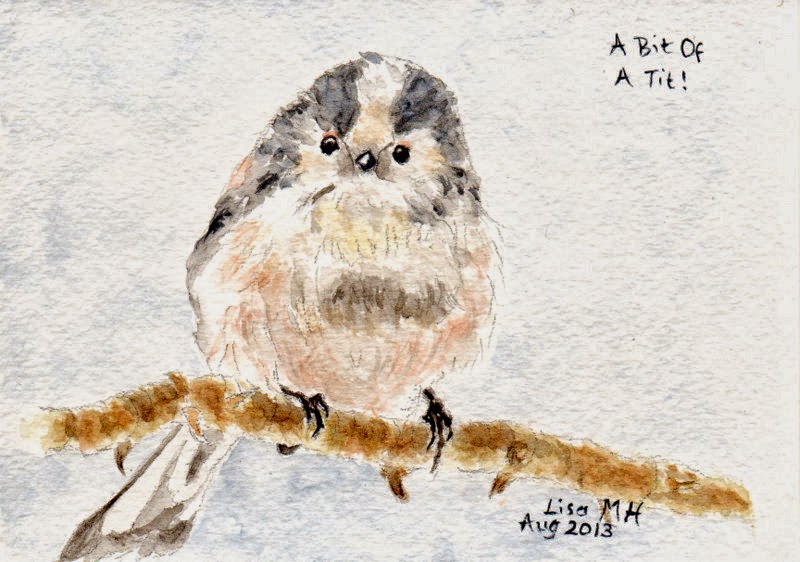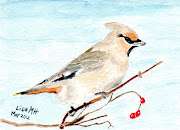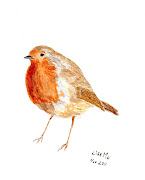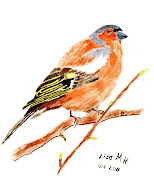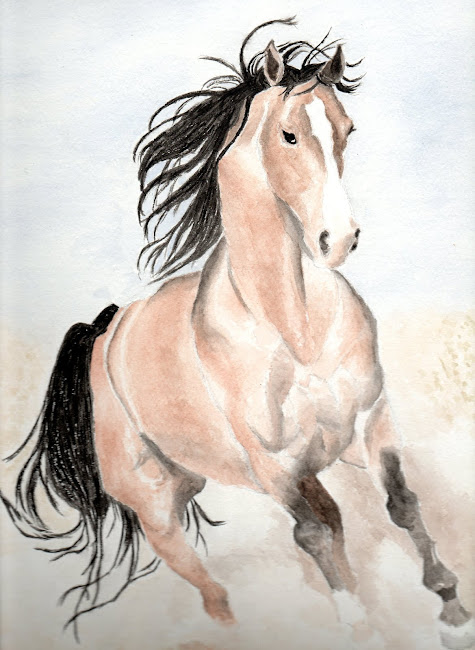So,
following on from my last post, I thought I’d offer a few examples of how having
Asperger’s and ADHD can be an incentive to change, rather than the barrier that
so many people believe it is. It comes
down to something I learnt from the AA programme, called turning it over –
which basically means looking at the other side, finding the positive.
In
AA I learnt to see my alcoholism as a blessing, rather than a curse: a kind of
added incentive with which I have been gifted in order to help me to stay away
from drinking. Knowing, and accepting,
that I cannot ever drink alcohol safely, due to having a body which cannot
process alcohol, means that I can get on with simply living my life without
poisoning my mind and my body, and free from the constant fret and fume of
trying to prove that I could control my drinking, and drink like a
non-alcoholic. Why I’d want to is beyond
me, never having been a social drinker during the whole of my drinking
‘career’.
I
was then able to apply the same principles of the Twelve Step programme to my compulsive
overeating/bulimia, and my anxiety. And
so onto now trying to apply it to the rest of me.
I recently
wrote out a list of all the characteristics that are directly attributable to
my ADHD and Asperger’s; and then I wrote the negative impact they have on my
life, and the possible positive application that they could, or do, have. It was rather enlightening. Here are a few examples.
As
has been well-documented about ADHDers, my interest in things is extremely
transitory, even when it comes to the stuff I purportedly love doing. I get excited about something, but then, if I
don’t act on the inspiration immediately and just think obsessively about it,
then the momentum is quickly lost. I
cannot count the number of times that I have been inspired with an idea for
something to write, only to then either put off starting it altogether, or
starting it but then getting distracted and procrastinating about finishing
it. And once the impetus is gone, it’s
very difficult (nigh on impossible in some instances) to get it back. Far easier to stick it out 'til the project is complete, rather than attempting what has been irrefutably proven to be impossible: but try telling me that when distraction calls!
This
means that I frequently end up with things half finished, because the energy
and interest has waned due to my having misguidedly taken a break: always with
the full intention of getting back to it, but without the knowledge or
acceptance of how my brain is wired to work – which, in this case, means that
it doesn’t deal well with taking breaks.
Therefore,
my choice is to either endure the frustration of never getting done what I want
to do, or accepting that I cannot procrastinate with impunity, and so learning
to get on with things when they’re fresh and I’m enthusiastic about them –
which helps to manage the procrastination. As I’ve said before, I’m a sprinter, not a long distance runner: and if
I try to do long distance, then I just end up dropping out of the race before
the end.
Being
someone whose default position is to view everything as ‘either/or’ (I
automatically see only two sides, until someone shows me otherwise – hence black
or white, right or wrong, etc) can be a liability at times, and I believe is
the genesis of being labelled rigid. After
all, not everything in this life has a definitive answer to it – there’s no right
or wrong way to write, draw, paint, create, play, eat, love, live, etc, despite
what some people might have us believe (often from those who are trying to sell
something – like a book).
On
the other hand, I am someone who finds it inordinately difficult to make a
decision, a problem which I almost invariably (and paradoxically, given what I
have just said about being black or white) compound by seeking out as many
alternatives as possible. Yet here is
where my either/or approach becomes applicable, in allowing me to keep things
as simple as possible, thereby removing that amorphous ‘grey’ area which people
will often throw in just to complicate things, probably in the hope of avoiding
having to make a decision at all. Sometimes
decisions really are that simple, and I can only believe that I was given this
ability to pare things down to the bare bones for a reason – in order to
counterbalance my propensity for complicating everything (and copying what
everyone else does!).
And
then we come to the question of how having both ADHD and Asperger’s can work
together productively. At first glance
it would seem that they can’t, they being so contradictory in some ways – like
having Eeyore and Tigger co-habiting inside of me. At one end of the scale, having ADHD means
that I find it extremely difficult to stick with anything for very long, and I cannot
bear things being static and not changing; whilst at the other end, the
Asperger’s causes me to absolutely hate change, and get locked onto a very narrow
range of interests/obsessions. It’s kind
of like my Asperger’s wants to keep me
firmly rooted to the ground, whilst the ADHD has me floating off into the
ether, like a butterfly on speed. And
therein lies the solution. And no, I
don’t mean that speed is the answer.
My
autistic tendency to obsess (which I think crosses over into what is known as
the ADHD tendency to hyper-focus) can make me very boring. But my need for stimulation, and my desire to
learn about lots of things in order to maintain my interest and my mind’s
engagement with life, helps to balance out the narrow-minded fixating. Hence the fact that I have a wide-ranging
knowledge of a broad range of subjects.
The
obsessiveness itself can also be put to good use, in that it can be turned into
specialising in one or more subjects that really interest me (like writing,
yoga, art), whilst also helping to ground some of that flightiness, which
otherwise leads me to never stay with one thing long enough to achieve
anything.
And
finally, there’s the question of discipline, which is an anathema to the whole
of me, but which benefits both the ADHD and the autism – it grounds one, and
frees the other. But I also hate chaos,
especially that created by my tendency to hoard, which I hate doing. So the choice is to keep a routine, thereby
helping to create order, minimise the distraction of all that chaos, and help me
to recognise what’s important and what isn’t, especially when it comes to
throwing things away; or to abandon structure, and suffer the consequences,
which also includes the mental and emotional impact that living in an unstable,
disordered environment has on me.
So
there we go. Rather than these things
being ‘sent to try us’ (as the saying goes), I prefer to see them as having
been given to help. They also serve
the purpose of helping to define who I am, and determining what is right for
me, as opposed to who other people think I am, or might believe is best. And, as someone who struggles with self-awareness,
‘every little helps’ (as they say at Tesco’s).


